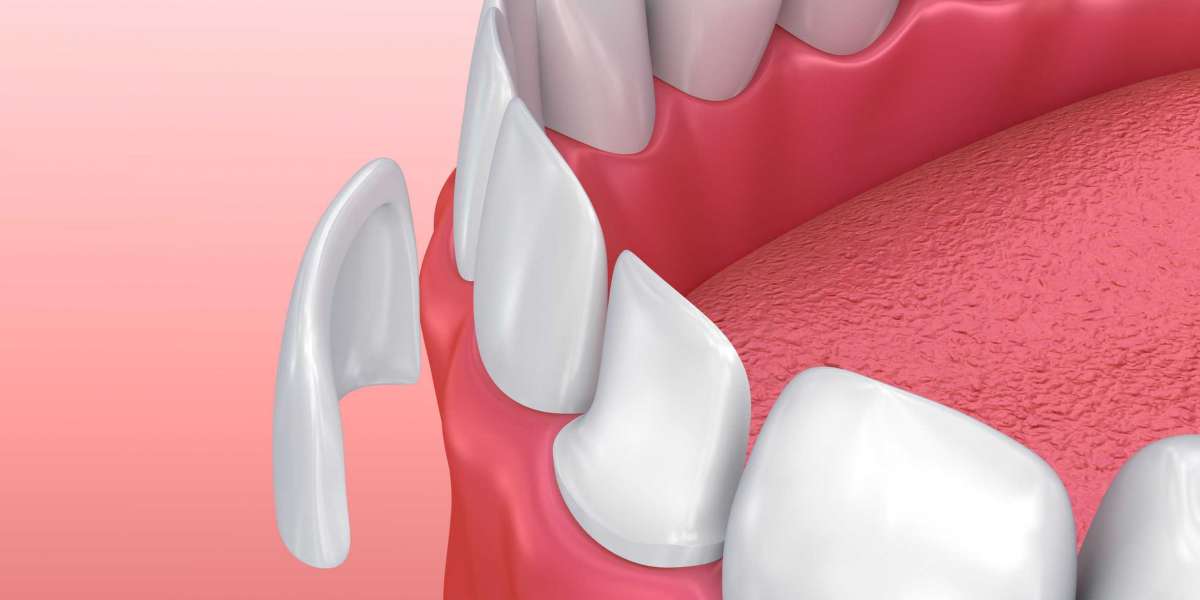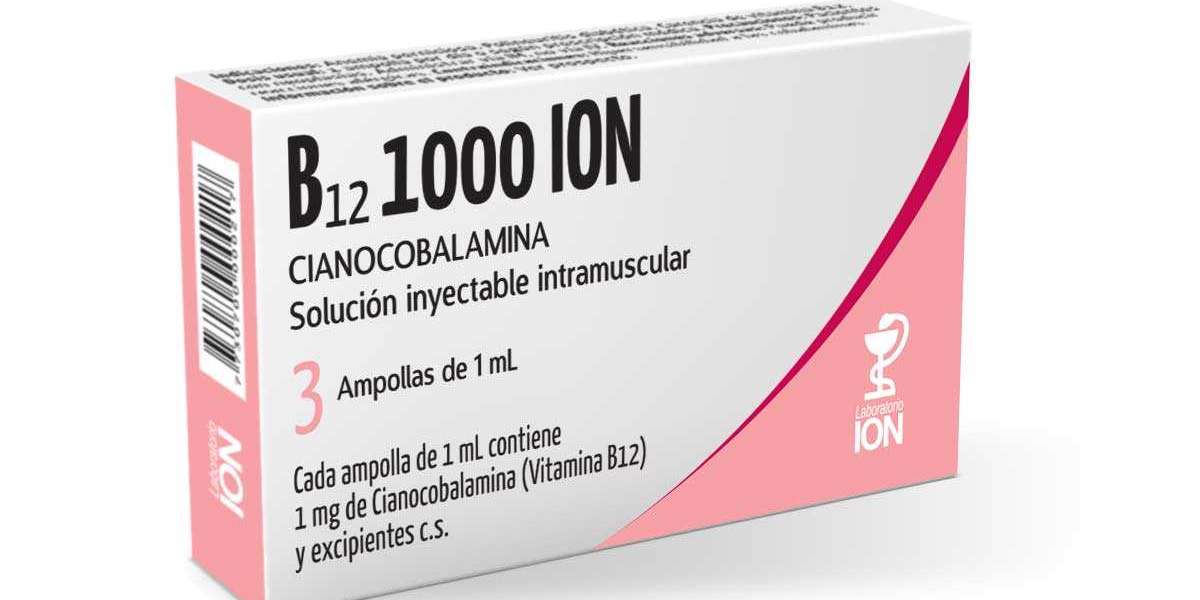When it comes to improving the appearance of your smile, dental veneers are a popular cosmetic dentistry solution. They can correct various dental issues, including chips, cracks, discoloration, and gaps between teeth. However, one question that many patients have before committing to this procedure is whether dental veneers are reversible. This is an important consideration because dental treatments are often a long-term investment in both time and money.
What Are Dental Veneers?
Dental veneers are thin, custom-made shells that are placed on the front surface of teeth to enhance their appearance. These veneers are typically made from porcelain or resin composite materials, both of which mimic the look of natural teeth. Porcelain veneers are known for their durability and ability to resist stains, while resin veneers are more affordable and less invasive.
Veneers are a common solution for people looking to enhance their smiles. Whether you're dealing with discolored teeth, chipped enamel, or slight misalignment, dental veneers can provide a fast and effective solution. However, the decision to get veneers is one that requires careful consideration.
How Are Dental Veneers Placed?
The process of getting dental veneers typically involves several steps. Initially, your dentist will assess your teeth to determine if veneers are a suitable option for your needs. If you are a good candidate for veneers, the next step is preparation.
Consultation and Assessment
Your first appointment will involve an extensive consultation with your dentist, who will examine your teeth and gums to ensure that they are healthy enough to undergo the procedure. If you have cavities, gum disease, or any other underlying dental issues, your dentist may recommend addressing those first before proceeding with veneers.
Tooth Preparation
Once your dentist determines that you're ready for veneers, the next step is to prepare your teeth. For porcelain veneers, a small amount of enamel is usually removed from the surface of the tooth to create space for the veneer. This step is necessary to ensure that the veneer fits properly and looks natural. In some cases, no tooth structure is removed, but this depends on the thickness of the veneer and the size of your teeth.
The removal of enamel is one of the reasons why dental veneers are considered irreversible. The procedure involves reshaping the natural tooth, so once enamel is removed, it cannot be replaced.
Taking Impressions
After your teeth are prepared, your dentist will take impressions of your teeth to create custom veneers that fit perfectly. These impressions are sent to a dental laboratory, where the veneers are crafted based on the specifications provided by your dentist.
Temporary Veneers
While your permanent veneers are being made, your dentist may place temporary veneers on your teeth to protect the surface and give you an idea of how your final smile will look.
Final Placement
When your permanent veneers are ready, you’ll return to the dentist’s office for the final placement. During this visit, your dentist will ensure that the veneers fit correctly, making any necessary adjustments to achieve the desired look. The veneers will be bonded to the surface of your teeth using a strong dental adhesive.
Are Dental Veneers Reversible?
The key question many patients have is whether dental veneers are reversible. The answer is that in most cases, the procedure is irreversible. Here's why:
Enamel Removal
One of the main reasons why dental veneers are considered irreversible is that the process typically involves the removal of a small amount of tooth enamel. Tooth enamel is the hard, protective outer layer of your teeth, and once it's removed, it doesn’t grow back. This means that your teeth will always require some form of protection, such as veneers or crowns, to maintain their appearance.
While the amount of enamel removed is minimal, it is enough to ensure that the veneers fit securely and look natural. Because of this permanent change to your tooth structure, you will not be able to revert to your natural teeth without removing the veneers entirely. If you decide to remove your veneers in the future, your teeth will be more vulnerable to damage and decay since the protective enamel has been altered.
Potential Risks of Removing Veneers
If you ever decide that you no longer want dental veneers, removing them is an option, but it comes with certain risks. The procedure to remove veneers is invasive and can cause damage to the underlying tooth structure. Depending on how much enamel was removed during the preparation process, your natural teeth may become more sensitive or even prone to decay. Some patients may need to get crowns or other restorations to protect their teeth after the veneers are removed.
Additionally, your teeth may not look as aesthetically pleasing after the veneers are removed, especially if significant enamel was taken off during the initial procedure. Without the veneers, your teeth may look discolored, chipped, or misshapen, and you might find that the appearance of your smile is not as appealing as it once was.
Benefits of Dental Veneers
While dental veneers are not reversible, they offer numerous benefits that can make them a worthwhile investment for many people. Some of the benefits of veneers include:
Improved Aesthetic Appearance
Veneers can drastically improve the appearance of your teeth. They can correct issues like discoloration, cracks, chips, and minor misalignments. Since the veneers are made to match the color, shape, and size of your natural teeth, they can provide a beautiful, natural-looking smile.
Durability
Porcelain veneers, in particular, are known for their strength and durability. With proper care, they can last anywhere from 10 to 15 years. This long lifespan makes them a good option for those who want a long-term solution for improving their smile.
3Stain Resistance
Porcelain veneers are resistant to stains, meaning they won’t discolor over time like natural teeth can. This makes them an excellent choice for people who struggle with maintaining the whiteness of their teeth due to coffee, tea, or smoking.
Minimal Maintenance
Once your veneers are in place, they require very little maintenance beyond regular brushing, flossing, and visits to your ortho dental clinic. You don't need to worry about special care for the veneers, and they are not prone to cavities like natural teeth.
Alternatives to Dental Veneers
If you’re concerned about the irreversibility of dental veneers, there are alternatives you can consider. Here are a few options that might be suitable for those who want a less permanent solution:
Teeth Whitening
If your primary concern is the color of your teeth, teeth whitening may be a good option. Professional whitening treatments offered by your ortho dental clinic can significantly lighten your teeth without requiring any irreversible changes to the tooth structure.
Bonding
Dental bonding is a less invasive alternative to veneers. During this procedure, a tooth-colored resin is applied to the teeth to correct imperfections. Unlike veneers, dental bonding doesn’t require the removal of enamel, making it a reversible option. However, bonding materials are not as durable as veneers, and they may need to be replaced more frequently.
Orthodontics
If you have minor misalignment or gaps between your teeth, orthodontic treatments like braces or clear aligners might be a better option. These treatments can correct the alignment of your teeth without altering their structure. While orthodontics may take longer than veneers, they provide a more permanent solution to misalignment issues.
Conclusion
In conclusion, dental veneers are an excellent choice for many people looking to enhance their smiles, but it’s important to understand that they are not reversible. The process involves the removal of a small amount of enamel from the surface of the teeth, which cannot be restored. While veneers offer significant aesthetic benefits and durability, they are a long-term commitment. If you're considering veneers, it’s crucial to weigh the pros and cons carefully and discuss your options with your dentist at your ortho dental clinic.







